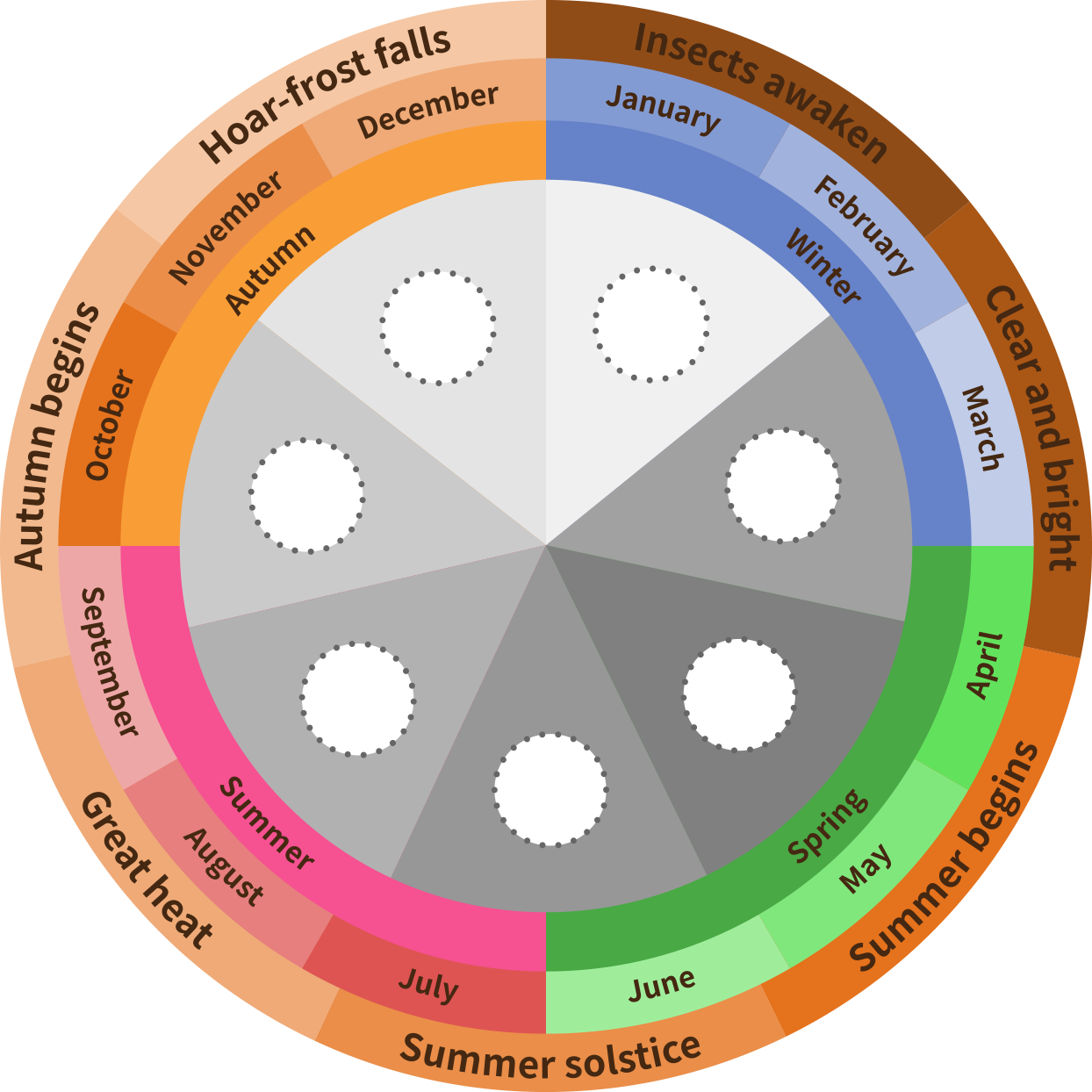In the early days, the farmland in Tung Chung Valley was extensive, and the rice produced was mainly for consumption of the farmers themselves. Along with rice, Tung Chung also produced sweet potatoes, taros, peanuts and red onions, of which the quality of red onions was the most praised. In addition to self-consumption, red onions and a small portion of white rice would also be transported to Hong Kong Island for sale, and some farmers would also collect firewood on the mountains and transport it to the Tai O market for sale. Today, most of the farmland near Tung Chung Bay has been developed into modern multi-storey residential estates, such as Yat Tung Estate and Mun Tung Estate.

©The Government of the Hong Kong SAR Reference no. G9 /2022
Aerial Photo taken in 2021 from Lands Department
©The Government of the Hong Kong SAR Reference no. G14 /2022

(Source: Intangible Cultural Heritage Office)
In the Qing dynasty, the area around the Tung Chung Heung Yeuk had developed into an agricultural area dominated by rice cultivation. Residents celebrate Hau Wong Birthday in the large piece of grassland in front of the Hau Wong Temple in Sha Tsui Tau. Unlike other places of Hong Kong where Hau Wong Birthday is celebrated in the sixth month of the lunar calendar, Hau Wong Birthday is celebrated after the Mid-Autumn Festival in the eighth month of the lunar calendar in Tung Chung. According to local elders, the birthday of the Hau Wong in Tung Chung was actually the sixth day of the sixth month of the lunar calendar. But the sixth month of the lunar calendar was the time when rice farmers were busy farming. Therefore, they changed to celebrate Hau Wong Birthday for five consecutive days after the Mid-Autumn Festival so that villagers could concentrate on farming and be more at ease to organise celebration activities during the slack period. During the celebration, Cantonese operas for appeasing gods, would be performed for the public, and nearby residents would be invited to watch the plays for free. Besides, a banquet and an auction of fa pau (flowery rockets) and ritual commodities would also be held. The Hau Wong Birthday is an important celebration in Tung Chung connecting boat people and land dwellers of the Tung Chung Heung Yeuk. It is also one of the few large-scale festivals celebrating deities’ birthdays in Hong Kong, and has been included in the “Intangible Cultural Heritage Inventory of Hong Kong”. For more information about the Hau Wong Birthday in Tung Chung, please visit the relevant webpage on the multimedia digital platform “Hong Kong Memory”: (View)
(Source: Intangible Cultural Heritage Office)
In the past, many villages in the Tung Chung Heung Yeuk were influenced by the Hakka culture. Villagers would make rice dumplings with lye (i.e., rice dumplings with natural alkali water) for consumption during the Tuen Ng Festival. Soak sticky rice in lye water until it turns yellow. Then wrap it with bamboo leaves to make dumplings. While cooking them in water, the alkaline rice will stick together and form a unique texture of rice dumplings with lye. The taste of rice dumplings with lye is lighter than that of ordinary rice dumplings made with alkali water, but rice dumplings with lye could be stickier. Besides, lye water has the effect of preservation to prolong the edible period of the rice dumplings. Moreover, lye water is considered cooling in Chinese medicine, so eating rice dumpling made with it can beat the heat. In the past, farmers would bring rice dumplings with lye with them when they worked in the field and dip them in sugar cane water when they ate them for even more effective relief from the summer heat. The technique of making rice dumplings with lye has been included in the Intangible Cultural Heritage Inventory of Hong Kong.
*To make lye water, lay bamboo leaves on a sieve first, then put ashes of straw (some burn lychee wood and longan wood to ashes) on top of it and press. Put a small basin under the sieve to collect the water extract. Pour water from boiling leaves of water banyan (cleistocalyx operculatus, one of the ingredients of Guangdong herbal tea “24 Herbs’ Tea”) on the ashes. After repeating pouring of water and filtration, lye water is extracted.


You are welcome to apply the AR filter in your phone to interact with items in virtual farmyard stories from real world scenarios. Immerse in the stories for best cultural experience!
Scan the QR code on website with your phone to turn on the AR filter in Instagram. Take interesting photos between virtuality and reality.




